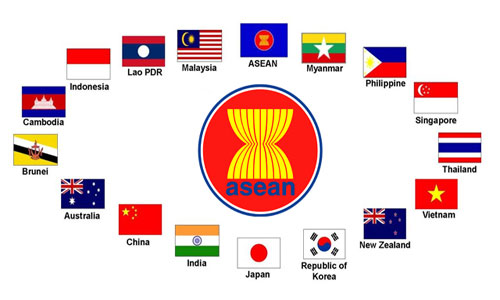



After years of delaying pressure from the Australian National Party and the farm lobby, Prime Minister Scott Morrison has finally decided to negotiate a new work visa. This agriculture visa will be targeted towards employees from the ASEAN countries. The applications will likely come in from early November 2021 or even early 2022. The demand for this visa has been witnessed for many years. However, since a similar visa, available in the U.S., had miserably failed, the Australian officials were wary of creating a similar visa. In fact, after a brief trial, the officials had to ban the visa.
The farm lobby may be willing to accept protections for workers that do not involve significant costs to employers, such as an English language testing requirement paid for by visa applicants. English language skills provide a small degree of protection in terms of occupational health and safety risks — such as being able to read warning labels on farm chemicals and machinery — and give workers greater negotiating power. English language skills also help employers communicate with visa holders.
Employers will insist that ASEAN workers cover the costs of travel to, from and within Australia, as is the case with working holiday visas. Reports of employers forcing workers to pay inflated charges for accommodation are common and need to be addressed.
The opportunities of the agriculture visa are likely to attract labour-hire companies. Experience both in Australia and overseas shows that the involvement of labour-hire companies leads to greater exploitation. Strong regulations for both labour-hire companies and employers who are permitted to employ agriculture visa holders are essential. the government should disqualify employers who have exploited workers or used undocument
The government should disqualify employers who have exploited workers or used undocumented labour — including unsuccessful asylum seekers — from employing agriculture visa holders. This may help put downward pressure on the massive labour trafficking scam of providing farmworkers under the guise of asylum applications. The government should also exclude employers who have had a large number of complaints lodged against them with the Fair Work Ombudsman.